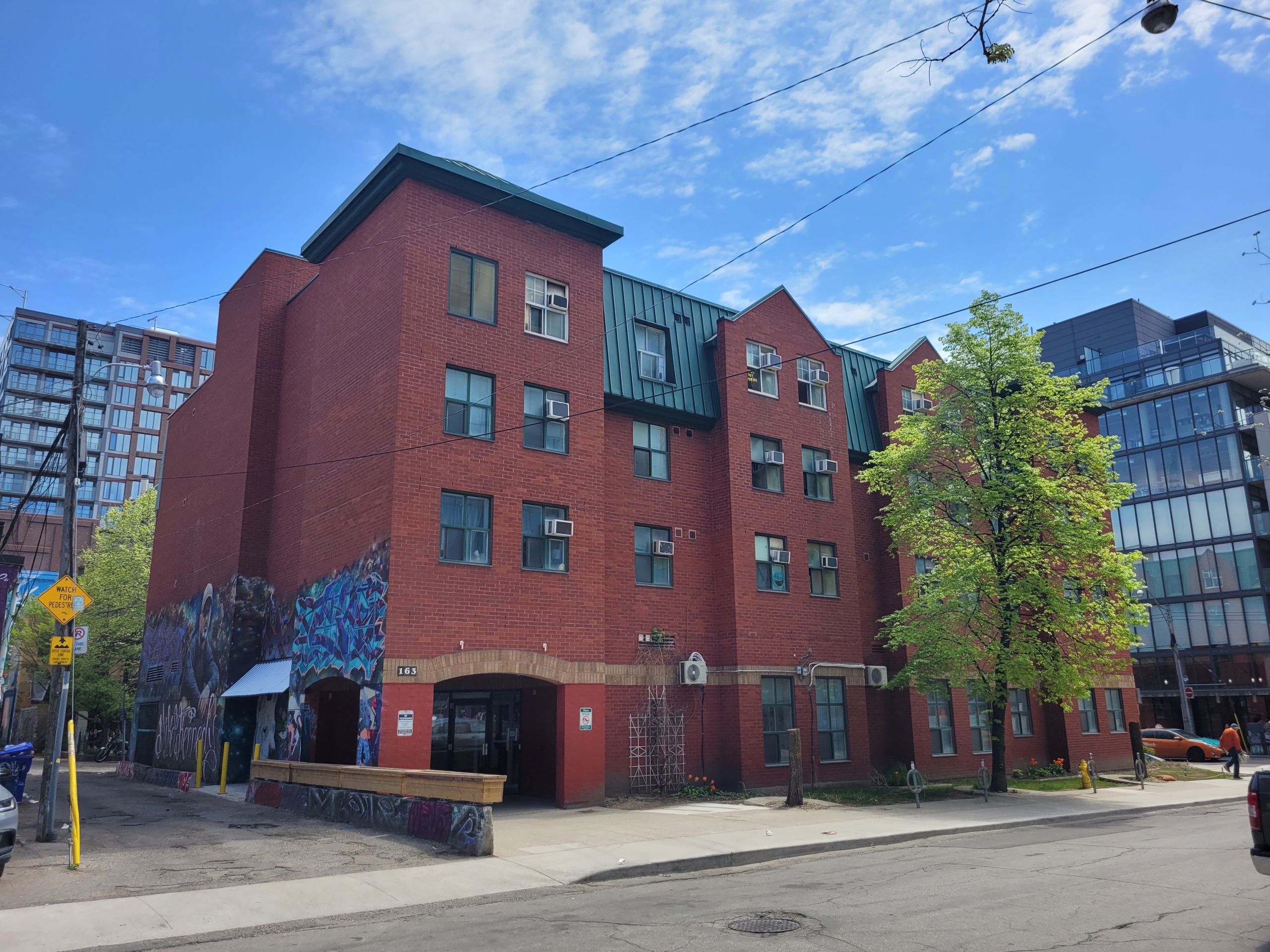It is bound to come up quickly in the conversation at any gathering of church folk, whether in a formal setting of a Session or presbytery meeting, or maybe just a coffee shop: how ill-equipped we feel to find a new role for the church in the rapidly changing environment of our world. We face declining numbers of people coming to church and a changing community in which we minister. We have questions of financial viability, and perhaps a building that may or may not effectively serve our congregation’s needs, let alone the community around us. Many of us have seen once robust and active congregations reduced to the point where their future existence is threatened, in the short span of our lifetimes.
Congregations are faced with difficult questions, as they often have been. Where is God calling us? What is the work for which the Holy Spirit is equipping us today? What are the most pressing needs in the community around us, and how might we respond to them in faith? It takes courage to address them but these conversations will help us to reshape and refine our ministry and what we offer to the community beyond us.
This process takes courage because it brings change and will perhaps take us in fundamentally new directions. We can no longer do things the way we have always done things. A reframed future brings us face to face with folk who are different. Our routines have to change, spaces will be shared and resources will be redirected. Even our buildings have to be re-evaluated as we look for a new vision for our future. What do we need to let go of to make the ministry to which God is calling us both useful and sustainable?
Change is difficult. Significant change involves grief. Grief is a natural reaction to losing something that we have loved and cherished, and we need to acknowledge that grief, but we can’t let grief prevent us from stepping out in new directions. The pain of what we leave behind can in fact be a sacred thing. When we honour the work and faithfulness of those in the past, and lift up and celebrate their accomplishments, they become a foundation on which we can build a work of faith relevant for today that will continue even beyond us. And as we are inspired by the vision, courage and hard work that drove them, we can give ourselves to the new journey that lies before us as we seek to build a ministry of presence in our communities.
Letting go of things from our past—whether traditions, expressions of worship and even our buildings—is not a failure, but rather a recognition that our needs have changed in response to the world around us. What has not changed is our calling to be faithful to the God who calls us to be a community of faith together and to declare to the community around us the good news of God’s love.
By the Rev. Bob Smith, retired minister, Evangel Hall Mission Board of Directors

